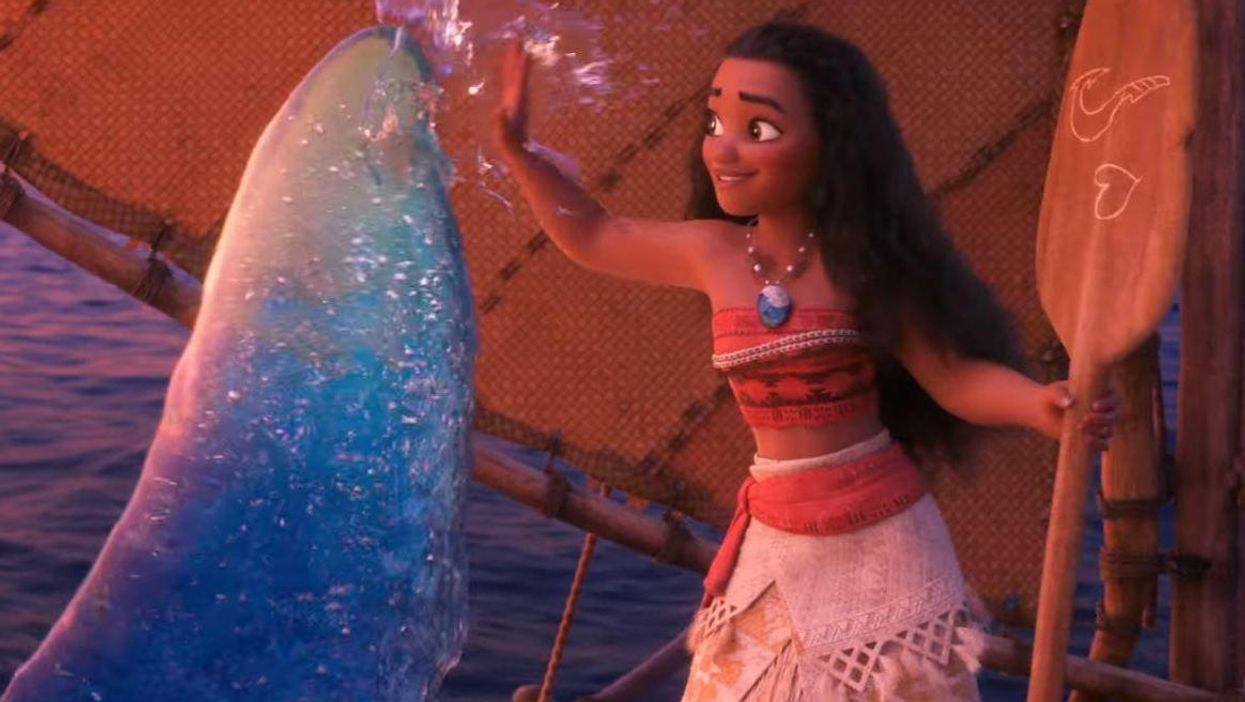Narjas Zatat
Dec 11, 2016

Picture: Moana/YouTube/screengrab
Less than 10 years ago, scientists discovered that modern humans interbred with Neanderthals and Denisovans over the course of history.
In 2008 Denisovan DNA was found from a finger bone in a Siberian cave, and two Denisovan teeth were also discovered in the specimen, confirming a Neanderthal relative.
This led researchers to discover DNA remnants of our closely related ancestors in people of Africa, Asia and Europe.
New research into the genetics of Melanesians heralds the discovery of a third, previously unknown hominid species.
Statistical geneticist Ryan Bohlender, from the University of Texas MD Anderson Cancer Centre conducted a computer analysis of the DNA of people living in the northeast of Australia and the surrounding islands, and found traces of an extinict hominid species that was neither Neanderthal nor Denisovan.
Bohlender calculated that Europeans and Chinese people carry approximately 2.8 per cent of Neanderthal ancestry. The latter group also carry a small amount of Denisovan ancestry, 0.1 per cent.
However he came across an irregularity in Melanesian DNA.

Rather than the three to six per cent of trace Denizovan ancestry, the people of Melanesia only possessed approximately 1.11 per cent, leading him and a group of researchers to conclude that there must be a third hominid species.
Bohlender told Science News:
We’re missing a population, or we’re misunderstanding something about the relationships. Human history is a lot more complicated than we thought it was.
More: A simple DNA test made people think very differently about immigrants
More: You might be able to remain an EU citizen, even after Brexit. Here's how
Top 100
The Conversation (0)













